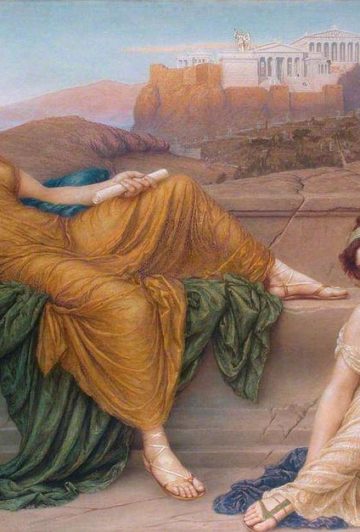
What is Liberal Education?
Peter Berkowitz
Hertog Foundation | 2018
American higher education, or rather a part of it, is today the envy of the world, producing and maintaining research scientists of the highest caliber. But liberal education is another matter. The dominant opinion proclaims that no shared set of ideas, no common body of knowledge, and no baseline set of values or virtues marking an educated human being exist. Universities increasingly fail to give students more than a dim intimation that a liberal education has a distinctive shape and a coherent and cumulative content.
Yet, properly conceived, a liberal education provides invaluable benefits for students and the nation. For most students, it offers the last chance to read widely and deeply, to acquire knowledge of the opinions and events that formed them and the nation in which they live, and to study other peoples and cultures. And the nation benefits as well, because a liberal democracy presupposes an informed citizenry capable of distinguishing the public interest from private interest, evaluating consequences, and discerning the claims of justice and the opportunities for — and limits to — realizing it in politics.
In this opening week, led by Hertog Political Studies Program Dean Peter Berkowitz, students explore what liberal education is and why it is necessary for a free society. Among the questions students will discuss include: Why is a liberal education necessary? What are the benefits of liberal education? What is the relationship between the cultivation of moral virtue and liberal education? Why should the study of classical authors be emphasized in an age of scientific progress? Is increasing specialization helpful or harmful to the progress of civilization? What are the tensions inherent in liberal education, and how might they be resolved?
Image: Henry Holiday, Aspasia on the Pynx, 1888